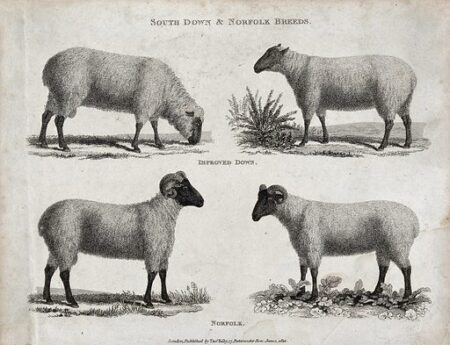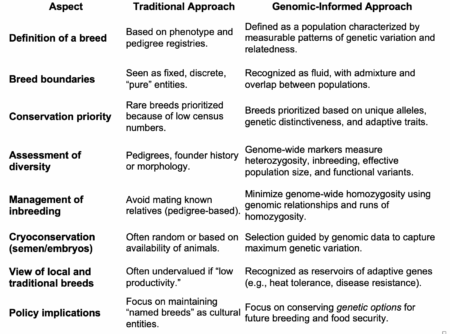- A Proposal for Genebank Metrics to Enhance Collection Management. A framework of 10 mandatory and 38 optional metrics for orthodox-seed genebank collections (covering size, documentation, conservation, availability, distribution etc.) to improve performance, transparency and collaboration in genebank management.
- Genebank Peer Reviews: A powerful tool to improve genebank quality and promote collaboration. Starting in 2019, a peer-review system among European genebanks involving self-assessments, site visits and expert evaluation has helped improve practices, strengthen capacity, and foster knowledge exchange, though it requires sustained resources and a pool of experts. I suspect they’re using at least some of the above metrics.
- Could botanic gardens use the Plant Treaty to regulate plant material more effectively? Yes they could, just like genebanks already do. And yes, I am sure there are metrics.
- Release of two new practical guides to support ex situ conservation in genebanks. FAO publishes new guides to help genebanks implement the Genebank Standards in practice for non-orthodox seeds and cryopreservation, aiming to reduce technical barriers and improve consistency. Now for some metrics.
- Unlocking genebanks for farmer resilience: Assessing the impact of ‘Germplasm User Groups’ in enhancing farmers’ access to diversity. In five African countries, forming “Germplasm User Groups” connecting farmers to national genebanks increases awareness, improves access to crop diversity, generates seed sharing spillovers, and hopefully helps farmers respond to climate-related challenges.
Want to know what AI makes of the above? “Genebanks are sharpening their tools: new metrics set benchmarks for performance, peer reviews foster collaboration, and the Plant Treaty offers clearer rules for sharing, FAO’s practical guides make standards easier to apply, while Germplasm User Groups show how farmers benefit when genebanks open their doors.” Sounds good to me. But to what extent will also this be adopted around the world, and will it last?

